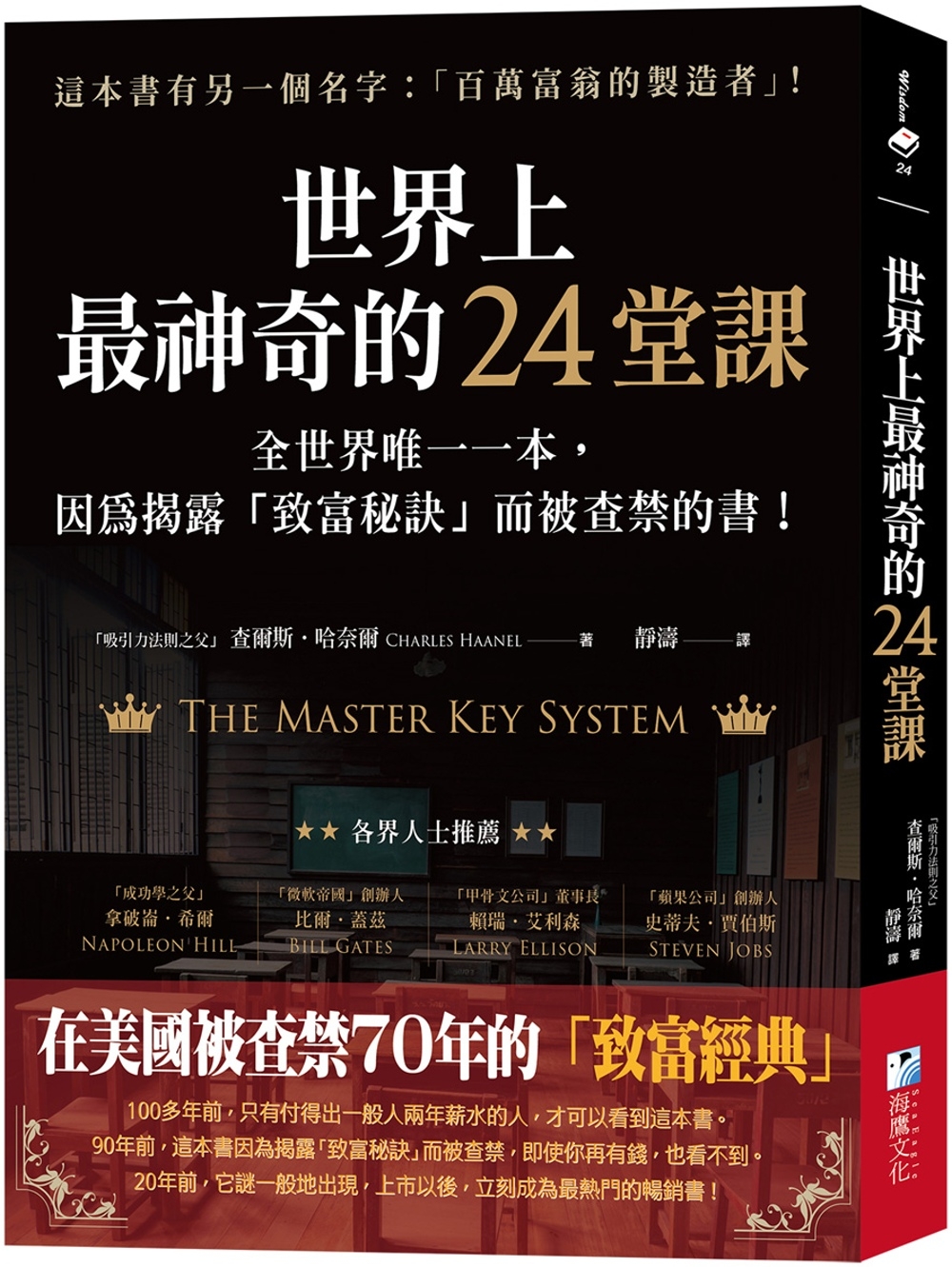| FindBook |
有 1 項符合
Sport Psychology Performance Enhancement, Performance Inhibition, Individuals, and Teams的圖書 |
 |
Sport Psychology Performance Enhancement, Performance Inhibition, Individuals, and Teams 作者:Nicholas T. Gallucci 出版社:Routledge 出版日期:2007-12-26 規格: / 592頁 |
| 圖書館借閱 |
| 國家圖書館 | 全國圖書書目資訊網 | 國立公共資訊圖書館 | 電子書服務平台 | MetaCat 跨館整合查詢 |
| 臺北市立圖書館 | 新北市立圖書館 | 基隆市公共圖書館 | 桃園市立圖書館 | 新竹縣公共圖書館 |
| 苗栗縣立圖書館 | 臺中市立圖書館 | 彰化縣公共圖書館 | 南投縣文化局 | 雲林縣公共圖書館 |
| 嘉義縣圖書館 | 臺南市立圖書館 | 高雄市立圖書館 | 屏東縣公共圖書館 | 宜蘭縣公共圖書館 |
| 花蓮縣文化局 | 臺東縣文化處 |
|
|
- 圖書簡介
Sport Psychology is a senior undergraduate textbook that provides a synthesis of the major topics in sport psychology with an applied focus and an emphasis on achieving optimal performance.
After the introductory chapters, there are three main sections to the text: Performance Enhancement covers topics such as anxiety, routines, mental imagery, self-talk, concentration, relaxation, goals, and self-confidence.
The section on Performance Inhibition includes chapters on choking under pressure, self-handicapping, procrastination, perfectionism, substance abuse, burnout, and injury.
While much of the information presented is universally applicable, individual differences based on gender, ethnicity, age, and motivation are emphasized in the concluding section on Individuals and Teams.
Throughout, there are case studies of well-known athletes from a variety of sports to illustrate topics that are being explore.
Online teaching resources are available to qualifying instructors. - 作者簡介
Nicholas T. Gallucci is a professor and the chair of the Psychology Department at Western Connecticut State University. He received MA and PhD degrees in psychology at the University of Louisville, and a BA in psychology at Vanderbilt University. His research concerns personality and sport performance, and exercise and weight loss. He enjoys running, played intercollegiate soccer at Vanderbilt, and is a member of the St. Xavier High School Athletic Hall of Fame.
- 目次
Part 1. Introduction. 1. Introduction to Sport Psychology. 2. Motivation for Sport and Achievement. Part 2. Performance Enhancement. 3.Optimal Levels of Anxiety, Intensity, or Arousal. 4. Pre-performance Routines. 5. Mental Skills Training: Self-Talk, Concentration, Mental Imagery. 6. Relaxation Training: Calming the Physiology. 7. Goals. 8. Goal Orientation. 9. Self-efficacy and Sport Self-confidence. Part 3. Performance Inhibition. 10. Choking Under Pressure and Anxiety and Performance. 11. Self-handicapping. 12. Procrastination and Perfectionism. 13. Learned Helplessness. 14. Performance Inhibition Due to Personality Factors. 15. Substance Abuse. 16. Burnout. 17. Athletic Injuries. Part 4. Individuals and Teams. 18. Gender and Sport. 19. Ethnic and Cultural Differences and Sport Psychology. 20. Youth and Sport. 21. Leadership and Coaching. 22. Team Cohesiveness.
|










